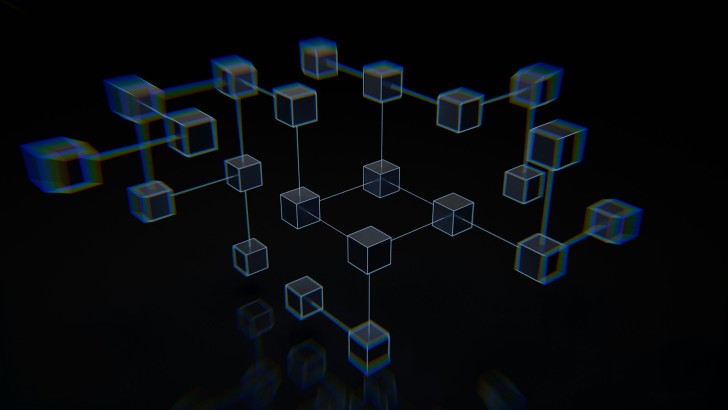Which platform (Ethereum, Polygon, Hyperledger, etc.) is best? What resources and expertise are required to build, launch, and maintain a blockchain app that operates at scale? A reliable blockchain app development company addresses these questions with practical insights drawn from years of blockchain expertise.
What is a blockchain app?
A blockchain application is software that uses blockchain technology to securely record, confirm, and store data in a decentralized manner. Unlike traditional apps relying on a central server, blockchain apps distribute data across a network of computers, or nodes, ensuring no single entity controls the information. This approach brings transparency, security, and often greater user control.
Blockchain applications come in many shapes and serve diverse purposes. Popular types include:
- Wallets: Digital wallets store cryptocurrencies, NFTs, or identity credentials. They range from custodial wallets managed by third parties to non-custodial wallets where users hold their own private keys, prioritizing security and ownership control. Wallets can be “hot” (online and convenient) or “cold” (offline and secure).
- Exchanges: Platforms where users trade digital assets. Centralized exchanges offer fast, regulated trading but require trust in the platform to secure funds. Decentralized exchanges let users trade directly, retaining control but with more complex interfaces.
- DeFi platforms: Decentralized finance platforms eliminate traditional banks by executing lending, borrowing, and trading via smart contracts on public blockchains. They are accessible globally without permission but face security and volatility risks.
- NFT marketplaces: Platforms for minting, buying, and selling unique digital assets such as art, music, and tickets. Beyond collectibles, utility and interoperability are growing focus areas as these marketplaces evolve.
- Supply chain solutions: Blockchain brings unmatched traceability to global supply chains, recording immutable events from origin to consumer, helping verify authenticity and ethical sourcing.
Risks and challenges
Despite its promise, blockchain development comes with significant hurdles.
- Scalability: Many blockchains struggle with transaction speed and high fees during congestion.
- Regulatory uncertainty: Tokens and data privacy create a complex legal landscape.
- Security threats: Smart contract vulnerabilities and phishing expose applications to potential hacks and financial loss.
- Integration: Combining blockchain with existing software (Web2 systems) requires middleware and architectural redesign, complicating deployment.
- User adoption: It is slowed by the complexities of wallets, private keys, and transaction fees.
Developing a blockchain app
- Start by clearly defining your business problem and confirming blockchain adds value: if a traditional database suffices, choose that instead.
- Select a platform that fits your needs: Ethereum excels at decentralized apps and DeFi, while Hyperledger suits enterprise permissioned networks.
- Design modular, upgradeable smart contracts and commit to security audits and testing to avoid costly bugs.
- Consider legal compliance from the outset, especially for financial or identity apps.
- Plan for ongoing maintenance, updates, and community engagement to sustain your app’s success.
Conclusion
Blockchain has moved beyond hype and experimentation. It is transforming sectors such as finance, healthcare, supply chain, government, and entertainment with solutions that enhance transparency, security, and user empowerment. From digitizing car titles at the California DMV to Mercedes-Benz’s carbon-tracking supply chains and New York City’s blockchain-based public services, real-world impact is undeniable. Read our full guide to blockchain application development to build resilient digital ecosystems in today’s fast-evolving landscape.
 Editorial staff
Editorial staff

 Editorial staff
Editorial staff


